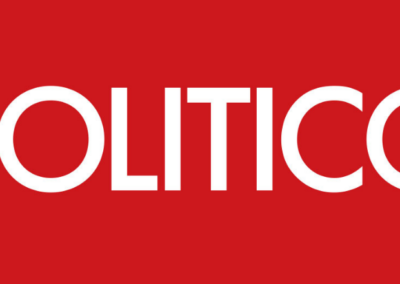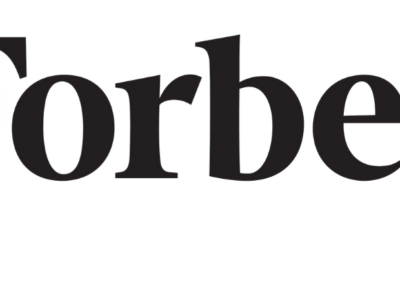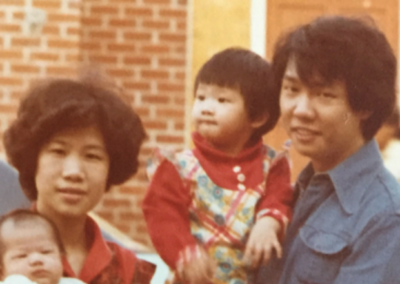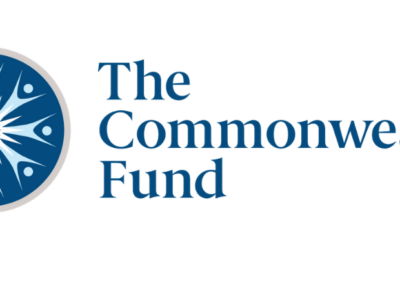Moment to Movement: What Will it Actually Take?

Health Leads’ commitment to Black lives, and to racial and health equity, is as strong as it ever has been. We are outraged at the senseless killings of George Floyd, Rayshard Brooks, Breonna Taylor, Riah Milton, Dominique Fells and the countless other stolen or abused Black lives over many generations. We will continue to be outraged until there is evidence at all levels of government and across a range of systems – from health to environment to education to criminal justice – that Black Lives Matter. For many of you who know our work, or have read our mission and vision, this outrage may seem obvious. But what is less obvious is the tension that exists in fighting for that systemic change.
The rest of this letter is focused on that tension from my perspective as CEO of Health Leads and as a person. I know this tension is not unique to the health and / or non-profit sector, but widely felt across education, academia, for-profits and others working to both change systemic inequities, while also knowingly and unknowingly perpetuating them.
One of the most glaring tensions, even among those of us committed to anti-racism – is how do we push for the systemic change that is needed, while making sure that we raise the funds needed to pay salaries and support our partners? Health Leads’ team members justifiably push for more and better anti-racism work internally and externally. At the same time, I am trying to do the same with our board and funders. I too have to convince my bosses and / or the people who pay our bills why anti-racism work is important and how it ties to our mission. Like so many leaders in the anti-racism work, I am often caught in a “dance” of pushing for change and trying not to alienate. Many leaders and organizations contort themselves to meet funding partners at their “comfort level” when aligning on goals that ostensibly include dismantling white supremacy. The irony is not hard to see. Health Leads has lost “partners” who have said “racism feels too big to tackle” or “you need to be more focused” – while we would argue, racism is the root of the health disparities we seek to address, and we are laser focused. The common thread through all of our innovation work is unearthing and addressing root causes of the racism that harms everyone’s health.
As a white CEO, my job is to constantly and vigilantly manage my own white privilege and racism. This isn’t always pretty, but it is always my job. As Ibram X. Kendi writes, “I’ve come to see that the movement from racist to antiracist is always ongoing—it requires understanding and snubbing racism based on biology, ethnicity, body, culture, behavior, color, space, and class. And beyond that, it means standing ready to fight at racism’s intersections with other bigotries.” If I don’t manage my privilege and biases, it impacts institutions, systems and communities. Because racism is a public health issue. Our job as leaders is to lean in, to listen deeply to our communities and team members. Organizations are often at the mercy of their leaders’ anti-racism work and journey. This is no different at Health Leads. And Health Leads is at the mercy of our board and our funding partners’ journeys. And they vary widely.
If we really want to address systemic racism, if we want to stop the senseless killing of Black people, then leaders have to be able to talk honestly about our “dance.” We need those with more power than us to give us the room and the time to be more “radical,” as it’s often labeled. If we believe in the rhetoric about the role of social entrepreneurs or any kind of leader focused on changing the system, then we need to fund teams of great people (of color) to do transformational work. The focus on certain kinds of outcomes; the short-term nature of most funding cycles; the reluctance to provide general operating funds – these are practices that work against anti-racism. I am not advocating for a lack of accountability. I am questioning how we have conceptualized accountability. I am asking us to consider whether these structures may be part of the problem we are trying to solve, not the source of its solution. We must honestly interrogate this system through the lens of anti-racism as well.
Every time I have a conversation with a board member, a funder, or a partner, and I don’t bring them along on their anti-racism journey as I further mine, I let down my team and the communities we work with. Every time I push too hard, I risk our employees’ paychecks and not being able to afford to partner with a local community or organization. It’s an impossible position at times – lonely, frustrating and exhausting. Even with all the privilege I have, after two and half years in this role, I am exhausted. If you are deep in anti-racist work, you never stop thinking about it or fighting for it. I am literally losing hair, time with my kids and partner, and at times, my faith.
At the same time, I was recently comparing notes about our racial equity work with a Black woman CEO of a non-profit. As much push back as I have gotten (“racism is too big”), she gets 100 times as much. What is worse, her board and her funding partners don’t say it to her face because they don’t want to seem racist. At least people have no problem exposing their racism to me, even if they don’t know they are doing it.
So my exhaustion is nothing, NOTHING, compared to the generational exhaustion of Black people. So, I will keep pushing, using my privilege and evolving myself toward the goal of building an anti-racist organization. I do have hope that this moment in time in our country could change how we examine our own racism in the institutions and systems we create and reinforce. I have hope that we can change how we listen.
To my colleagues and community members, particularly in leadership – our anti-racist work is deeply tied to each other’s, in part due to how money and power work. Not only are our teams’ well-being and health tied to our work, so is the livelihood of our partners. Let’s start owning that. My ask is this – let’s be open about our messy journeys personally and as institutions. Let’s question everything we do and every policy and system we reinforce. Yes, do the reading, but don’t stop there. Let’s be in deep dialogue and have constant vigilance together. Let’s collectively hold the burden of white supremacy and be in racial healing together and with our Black, Indigenous, Latinx and Asian (BIPOC) colleagues and community members. Many of the BIPOC leaders in this sector are in pain. There has been some slow progress made to “cede and seed power” and ensure there are more BIPOC leaders in our sectors. Yet we expect them to fight systemic racism alone. The systems around us do not demand that we, white leaders, do this work, so we must demand it of each other and change the system. Nothing less is acceptable.
The glorification of a dominant cultural approach to success in virtually every sector – health, non-profit, education, academia, technology and more – has to stop if we are going to truly work in solidarity. Over the years, Health Leads has contributed some incredible and innovative work to the health and health care sector. And the way we did that work has also caused harm, in part because of our adherence to that paradigm. As Dr. Tekisha Dwan Everette, Executive Director of Health Equity Solutions, says, “Social Determinants of Health is just a comfortable way to talk about racism.” Health Leads is committed to being anti-racist, and we have much more that needs to be done to be better internally and externally. We have a long-term commitment to being in deep relationships with and investing in our partners, in community and nationally. We have and will continue to raise money for our “Respond and Rebuild” fund, not only for our programs, but for our community partners – without which we could not do our work, and that often do not get the attention of national funders or have the privilege we do.
We can collectively make this a movement, not just a moment. Not only do Black Lives Matter, as Dr. Rhea Boyd wrote in the New England Journal of Medicine, “Black lives are loved.” Our nation is sick. The recovery will take time, and honestly, it is not guaranteed. If it is to happen, and we stop doing this “dance,” it will require love and honesty and healing and solidarity.
“The difference between a movement and a moment is sacrifice.” — Joe Madison




